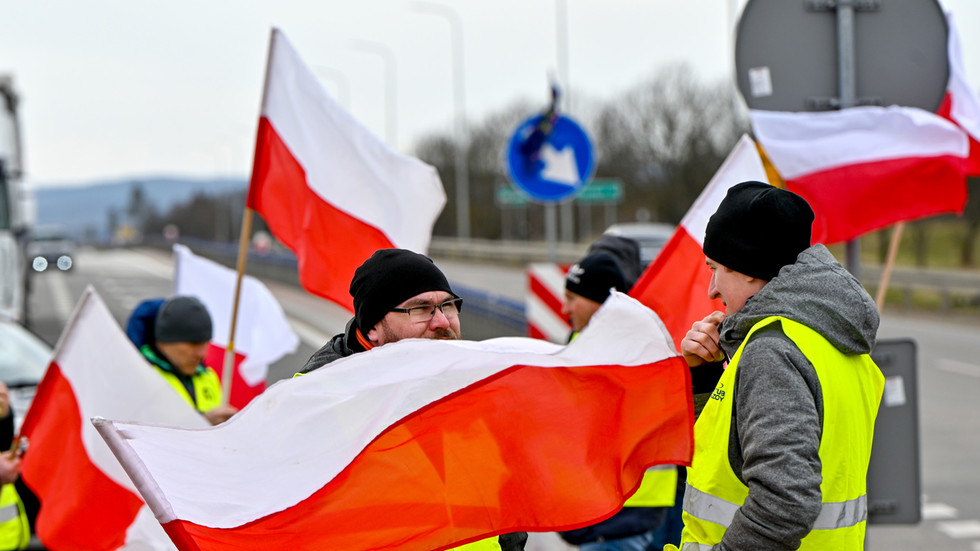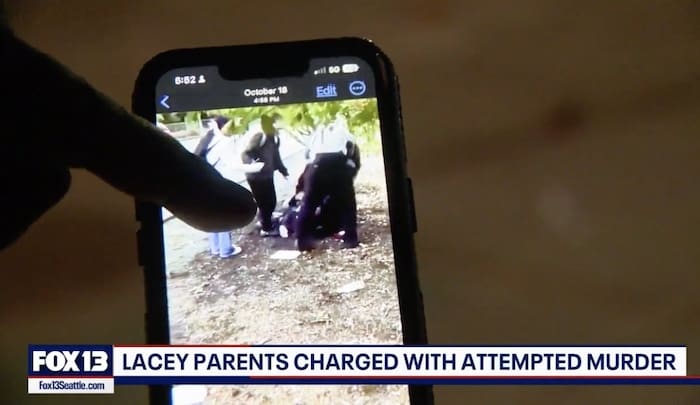Ed Sheeran has criticised Band Aid organisers for using his vocals without permission in their new 40th-anniversary release of Do They Know It's Christmas?
The Suffolk singer, 33, took to Instagram to express his disappointment, stating he would have "respectfully declined" had he been asked.
"My approval wasn't sought on this new Band Aid 40 release and had I had the choice I would have respectfully declined the use of my vocals," Sheeran wrote.
The artist, who originally recorded his part for Band Aid 30 in 2014 alongside One Direction, Sam Smith and Chris Martin, said his understanding of the project's narrative has changed over the past decade.
The new version blends voices from three previous recordings of the charity single, including performances from Harry Styles, George Michael, and U2's Bono.
The new version of the charity single is set to be released on November 25, marking four decades since the original recording.
Ed Sheeran has slammed his involvement in the new Band Aid project
PA
The 2024 Ultimate Mix has been produced by Trevor Horn, who has combined vocals from the 1984, 2004 and 2014 versions of the song.
The track features an all-star lineup backed by a house band including Sir Paul McCartney, Sting, Phil Collins, and Thom Yorke.
A minimum of £5 will be donated to the Band Aid Trust for vinyl sales, £1.50 for CDs, and 50p for digital downloads.
The song will premiere on UK breakfast radio stations on the morning of its release, with the accompanying video to be unveiled that evening.
Ed Sheeran took to Instagram to explain why he would've refused to have taken part
The original 1984 version was created by Bob Geldof and Midge Ure to raise funds for famine relief in Ethiopia.
Sheeran shared his stance alongside a post from Ghanaian-British musician Fuse ODG, who had previously worked with him on the track Boa Me.
"A decade on and my understanding of the narrative associated with this has changed, eloquently explained by @fuseodg. This is just my personal stance, I'm hoping it's a forward-looking one," Sheeran wrote on Instagram.
Fuse ODG had notably refused to participate in Band Aid 30 a decade ago, citing concerns about the initiative's impact on Africa's image.
Sheeran, who has collaborated with several African artists including Nigerian singers Fireboy DML and Burna Boy, aligned himself with Fuse ODG's criticism of how such charity projects represent the continent.
Fuse ODG's criticism of Band Aid was direct and pointed in his social media statement.
"While they may generate sympathy and donations, they perpetuate damaging stereotypes that stifle Africa's economic growth, tourism, and investment, ultimately costing the continent trillions and destroying its dignity, pride and identity," he wrote.
The musician argued that such initiatives "fuel pity rather than partnership, discouraging meaningful engagement."
Ed Sheeran and Bob Geldof at the recording of Band Aid 30 in 2014
GETTY
He emphasised his mission to change the narrative about Africa.
"My mission has been to reclaim the narrative, empowering Africans to tell their own stories, redefine their identity, and position Africa as a thriving hub for investment and tourism," Fuse ODG stated.
He pointed out that the African diaspora, not foreign aid, drives the largest flow of funds back into the continent.
In response to the criticism, Sir Bob Geldof strongly defended Band Aid's legacy and impact.
"This little pop song has kept hundreds of thousands if not millions of people alive," he stated.
Geldof highlighted the charity's current work, noting its recent contributions to Sudan.
"Just today Band Aid has given hundreds of thousands of pounds to help those running from the mass slaughter in Sudan and enough cash to feed a further 8,000 children in the same affected areas of Ethiopia as 1984," he said.
He dismissed accusations of colonial attitudes in the project.
"Those exhausted women who weren't raped and killed and their panicked children and any male over 10 who survived the massacres and those 8,000 Tigrayan children will sleep safer, warmer and cared for tonight because of that miraculous little record," Geldof stated.
"'Colonial tropes', my a**e," he concluded.

 By GB News (World News) | Created at 2024-11-18 13:51:18 | Updated at 2024-11-23 19:56:32
5 days ago
By GB News (World News) | Created at 2024-11-18 13:51:18 | Updated at 2024-11-23 19:56:32
5 days ago











